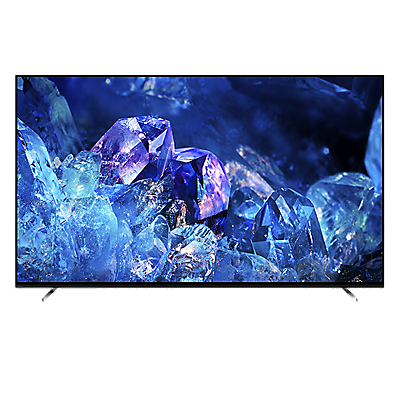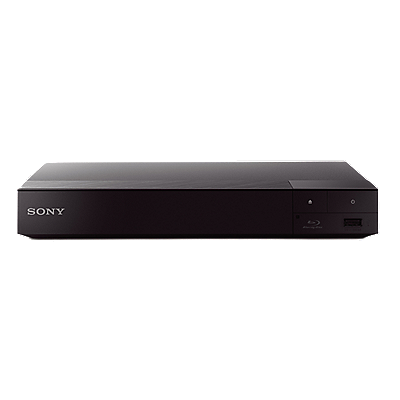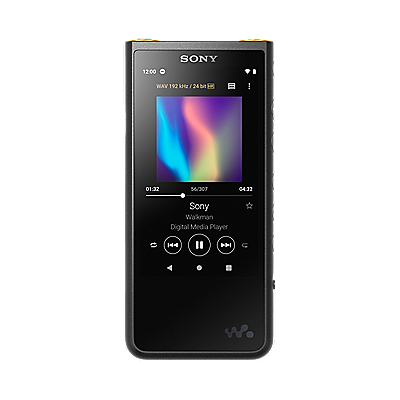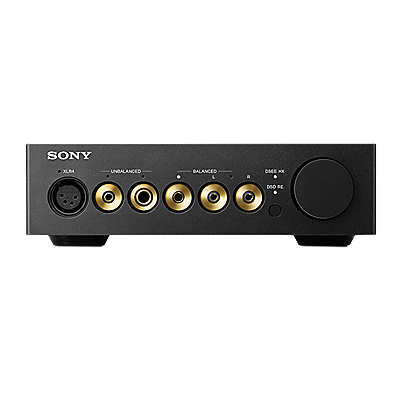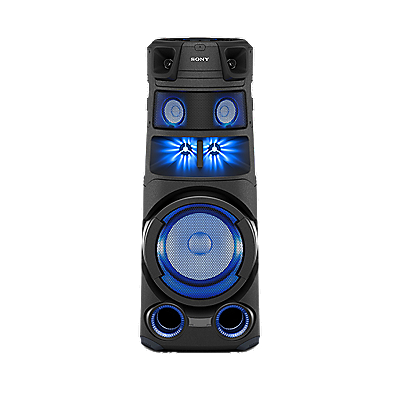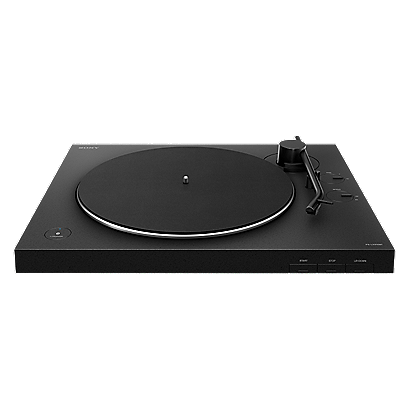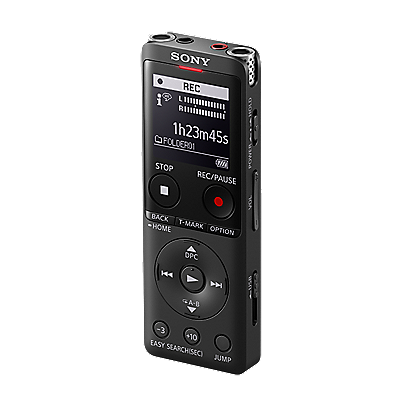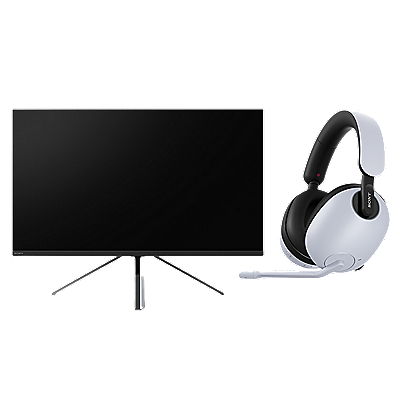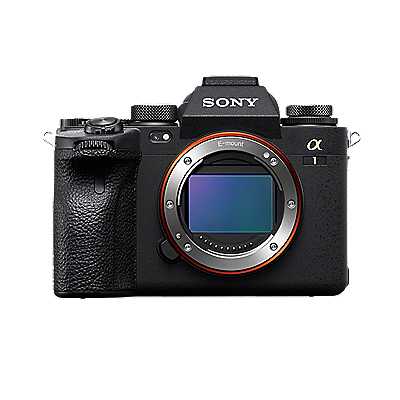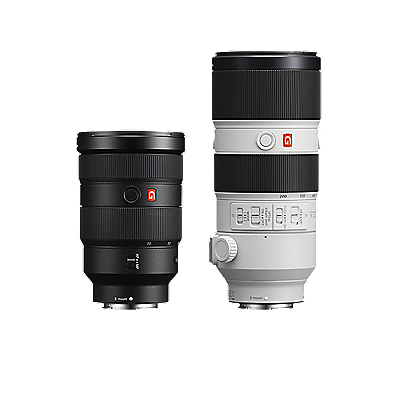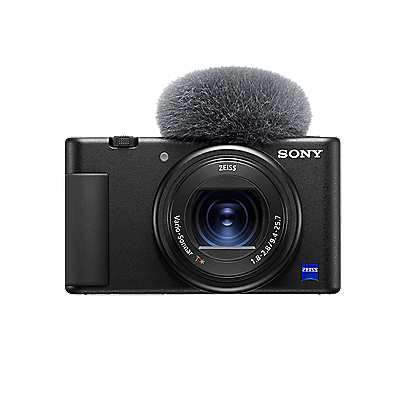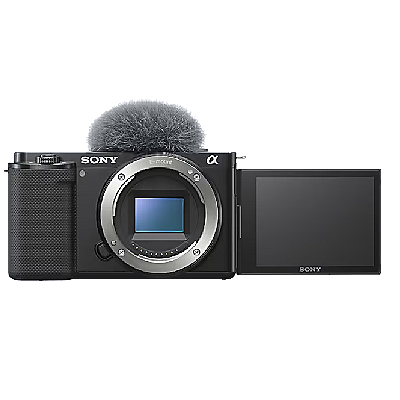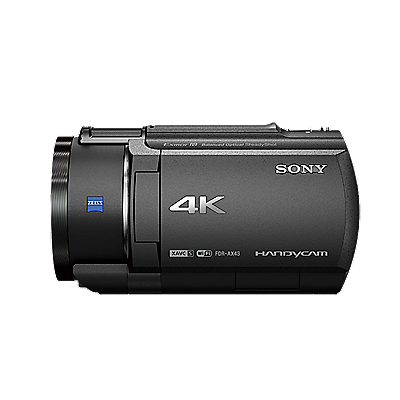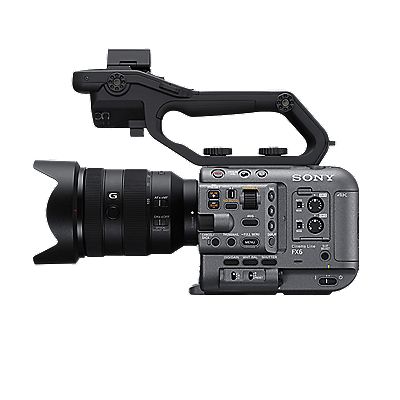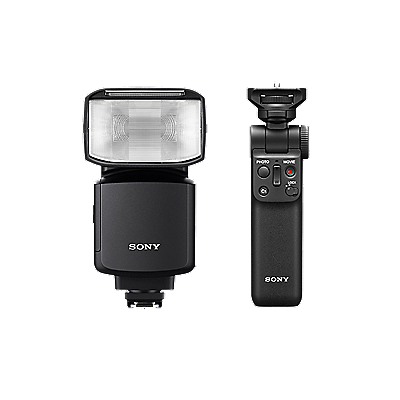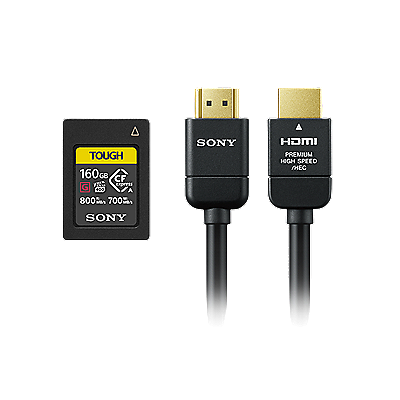What are the differences between Bluetooth and wireless LAN?
Differences between Bluetooth and wireless LAN.
Bluetooth is a standard protocol for unifying wireless voice and data communications among mobile telephones, entertainment systems, printers, notebooks, a local area network, and other electronics.
* Bluetooth Specifications
Technical standard: Bluetooth1.0b
Used frequencies: 2.4GHz (2.4000GHz to 2.4835GHz)
Transmission distance: 10m to 100m (direct)
Communication speed: Max 723Kbps
Transmission mode: Frequency hopping spread spectrum mode
Wi-Fi (short for "wireless fidelity") is the popular term for a high-frequency wireless local area network (WLAN). The Wi-Fi technology is rapidly gaining acceptance in many companies as an alternative to a wired LAN. It can also be installed for a home network. Wi-Fi is specified in the 802.11b specification from the Institute of Electrical and Electronics Engineers (IEEE) and is part of a series of wireless specifications together with 802.11b, 802.11a and 802.11g
* IEEE802.11b
Used frequencies: 2.4GHz (1 to 11 channels, ISM band)
Transmission distance: Maximum length 100m
Communication speed: Max 11Mbps
Transmission mode: Direct spread spectrum mode
* IEEE802.11a
Used frequencies: 5.15GHz to 5.25GHz (4 channels)
Transmission distance: Maximum length 100m
Communication speed: Max 54Mbps
Transmission mode: Orthogonal frequency-division multiplex mode
Bluetooth is a standard protocol for unifying wireless voice and data communications among mobile telephones, entertainment systems, printers, notebooks, a local area network, and other electronics.
* Bluetooth Specifications
Technical standard: Bluetooth1.0b
Used frequencies: 2.4GHz (2.4000GHz to 2.4835GHz)
Transmission distance: 10m to 100m (direct)
Communication speed: Max 723Kbps
Transmission mode: Frequency hopping spread spectrum mode
Wi-Fi (short for "wireless fidelity") is the popular term for a high-frequency wireless local area network (WLAN). The Wi-Fi technology is rapidly gaining acceptance in many companies as an alternative to a wired LAN. It can also be installed for a home network. Wi-Fi is specified in the 802.11b specification from the Institute of Electrical and Electronics Engineers (IEEE) and is part of a series of wireless specifications together with 802.11b, 802.11a and 802.11g
* IEEE802.11b
Used frequencies: 2.4GHz (1 to 11 channels, ISM band)
Transmission distance: Maximum length 100m
Communication speed: Max 11Mbps
Transmission mode: Direct spread spectrum mode
* IEEE802.11a
Used frequencies: 5.15GHz to 5.25GHz (4 channels)
Transmission distance: Maximum length 100m
Communication speed: Max 54Mbps
Transmission mode: Orthogonal frequency-division multiplex mode
